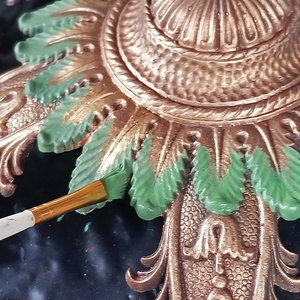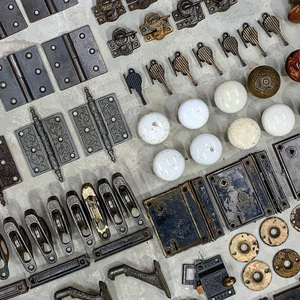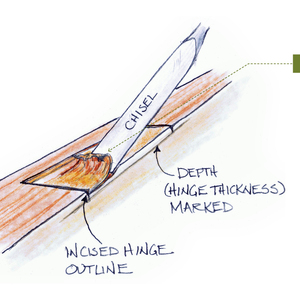Origin of the word “washer” when referring to using nuts and bolts
I’m currently teaching as a shop teacher at a Middle School. Wev’e been learning how to bolt materials together. A student asked me why the flat rings are named “washers”…I told her I don’t know.
I know how to use them, and I know what they are called, but does anyone know the reason these things were named “washers?” All I could find was the term was coined in the Middle Ages by the English. Please help.
Thanks,
Davo



















Replies
Davo
Beats the heck outta me and evidently does the same for entomologists as well.
Even if you find the answer to washer, they'll probably ask about nuts.
edit: Man, now you've got it rolling around this noggin.
I'm wondering if the first nut and bolt applications didn't use it. Then perhaps while tightening those they experienced a problem with it binding b/4 becoming tight enough. So, some enterprising soul came up with another surface that allowed it to slip past tight enough-thus the disc with a hole in it came about.
What to call it? Since it provided a surface to rub against-his wife was down there on the rocks in the river and said as she rubbed a stain out of the clothes-"call it a washer".
Since he didn't want to get beaned with one of the rocks she beat the rest of the wash on-he enthusiastically agreed.
wash; is from german wasser, for water.
wash originally meant a thin coat of covering, e.g. whitewash, vs. cleansing with soap and watter.
washer thus is a thin layer of metal covering
screw: french, escroue (sp?), from latin for trench (aka trench wrapped around a cylinder.
nut: old german for hard seed, khnut. Used b;y english for various small mechanical parts of about the same size, used interchangeably with 'small bits' in Scotland.
bits: from bite, etc. to eat. nibble, etc. to chew into and masticate into small pieces, aka 'bites or bits'
ad infinitum.
take the above as conjecture.
Heck, where did the latin come from? Sure aint from greek or chinese. Maybe something like fubar?